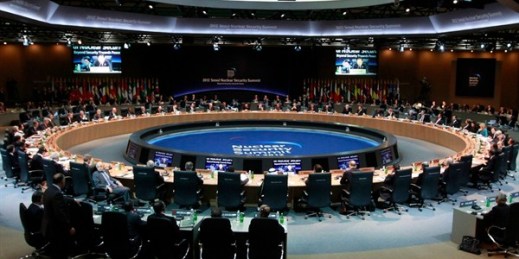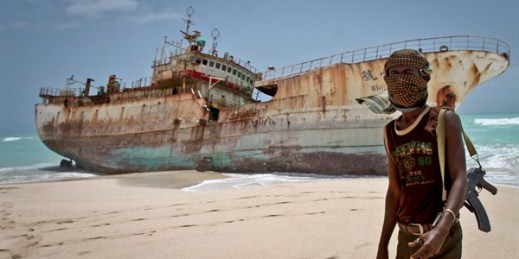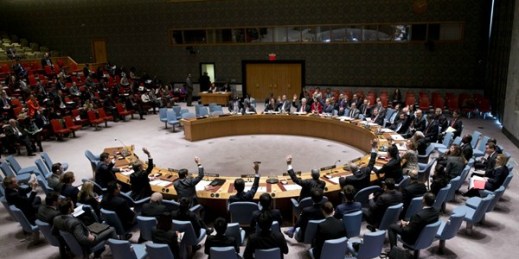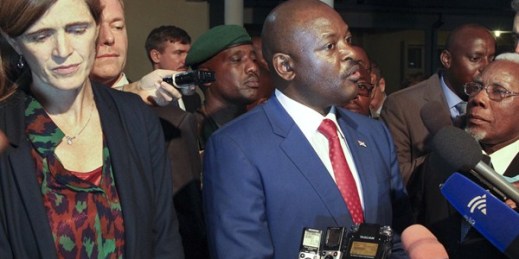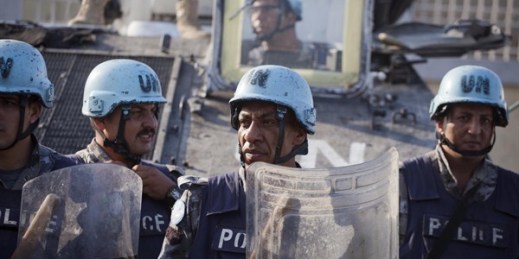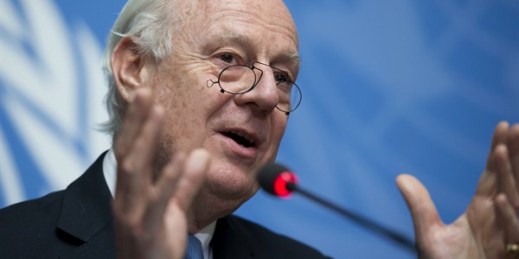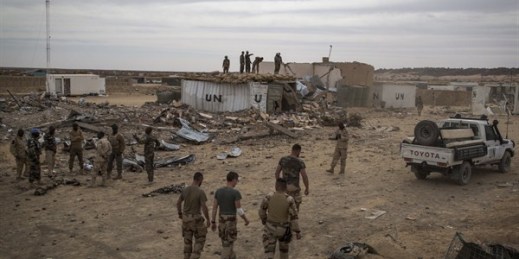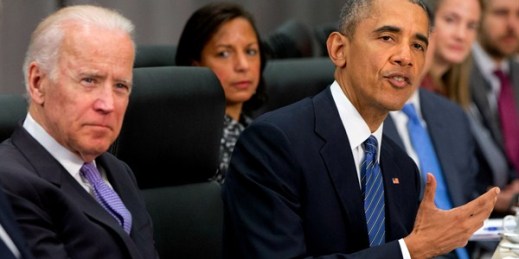
On March 30, President Barack Obama hosted the fourth and final Nuclear Security Summit, where global leaders convene in an effort to secure nuclear materials and prevent nuclear terrorism. Along with Obama’s vision articulated in a 2009 speech in Prague of a world without nuclear weapons, the summits provide an important marker for assessing Obama’s record on reducing the security risks posed by nuclear weapons and material. The following articles are free to nonsubscribers until April 14. A Mixed Record on Nonproliferation Why Obama’s Nuclear Nonproliferation Commitments Fell ShortIt appears that with the exception of the Iran nuclear deal, President […]

